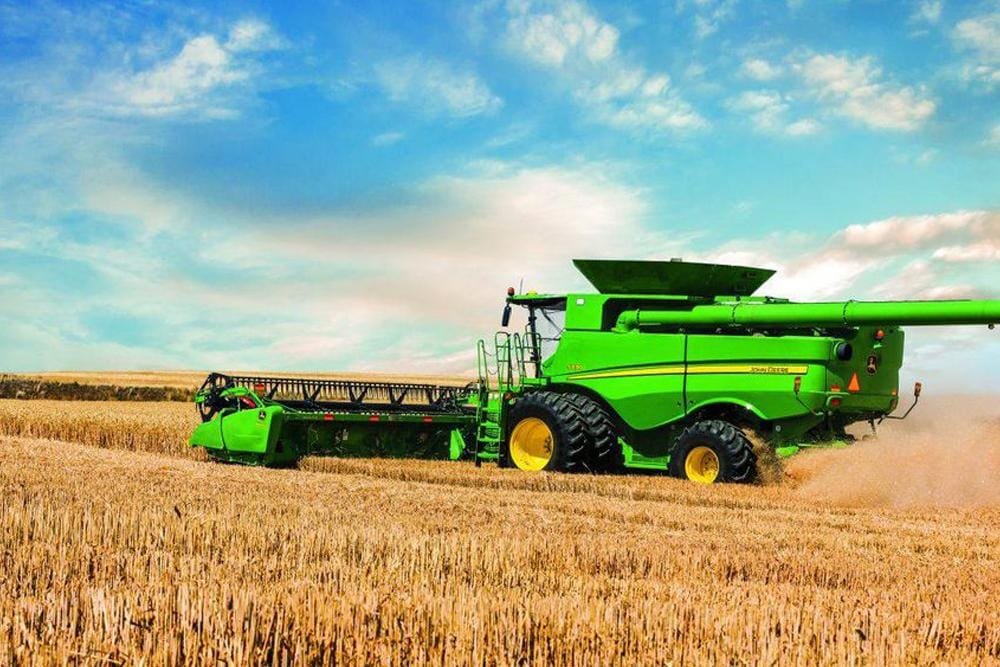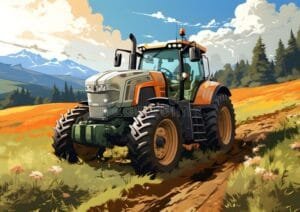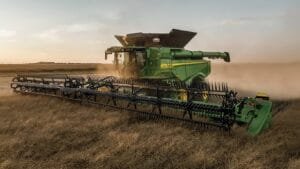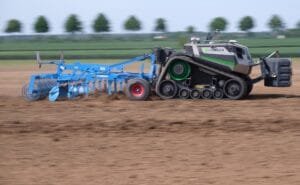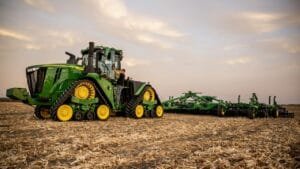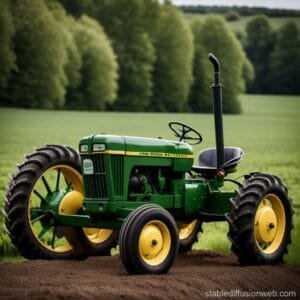In a meaningful shift toward autonomous agriculture, John Deere’s latest AI-powered fleet represents a fundamental transformation in modern farming practices. These self-operating machines, equipped with advanced sensors and machine learning capabilities, can now perform complex agricultural tasks without human intervention. From planting and fertilizing to harvesting and soil analysis, this technological evolution marks a crucial step toward labor-free farming operations, challenging traditional agricultural models while promising enhanced efficiency and precision in crop management. Agricultural automation reaches new heights as John Deere unveils its groundbreaking fleet of AI-powered farming equipment, revolutionizing the traditional farming landscape. These autonomous machines operate 24/7, performing essential tasks from soil readiness to harvest without human intervention.
The system utilizes advanced computer vision and machine learning algorithms to navigate fields with centimeter-level precision. Each vehicle is equipped with multiple cameras, LiDAR sensors, and GPS technology, enabling them to detect obstacles, monitor crop health, and adjust their operations in real-time.
Farmers can manage entire operations through a centralized control platform, accessible via smartphone or tablet. The interface provides extensive field data, equipment status, and predictive maintenance alerts. This digital oversight allows agricultural professionals to supervise multiple autonomous units simultaneously while focusing on strategic planning and decision-making.
The AI fleet includes self-driving tractors, autonomous sprayers, and clever harvesting machines. These vehicles communicate with each other through a elegant mesh network, coordinating their movements and sharing real-time data to optimize field coverage and resource utilization.
Weather monitoring systems are integrated into the network, allowing machines to automatically adjust their schedules and operations based on environmental conditions. The equipment can pause operations during adverse weather and resume work when conditions improve, maximizing efficiency while protecting crops and machinery.
Precision farming reaches new levels as AI-controlled equipment monitors soil conditions, nutrient levels, and plant health in real-time. Variable-rate technology enables automated adjustments to seed spacing, fertilizer application, and irrigation patterns, optimizing resource use while maximizing yield potential.
The system’s machine learning capabilities enable continuous improvement through experience. Each season, the AI analyzes historical data to refine its decision-making processes, leading to increasingly efficient farming practices. This learning extends to pest management, disease detection, and yield prediction.
Safety features include advanced collision avoidance systems and emergency shutdown protocols. The machines maintain constant interaction with a secure cloud network, enabling remote monitoring and immediate response to potential issues.Geofencing ensures equipment stays within designated boundaries and follows predetermined routes.
Energy efficiency is prioritized through smart power management systems. The fleet includes electric and hybrid vehicles that can autonomously dock at charging stations when needed,maintaining continuous operation while minimizing environmental impact.
Data security measures protect sensitive farming data through encrypted communications and secure cloud storage. Farmers retain full control over their operational data, with options to share insights with agricultural experts or research institutions.
This technological leap represents a significant shift in agricultural practices, addressing labor shortages while improving productivity and sustainability. As these systems evolve, they promise to reshape the future of farming, making efficient, precision agriculture accessible to operations of all sizes.

